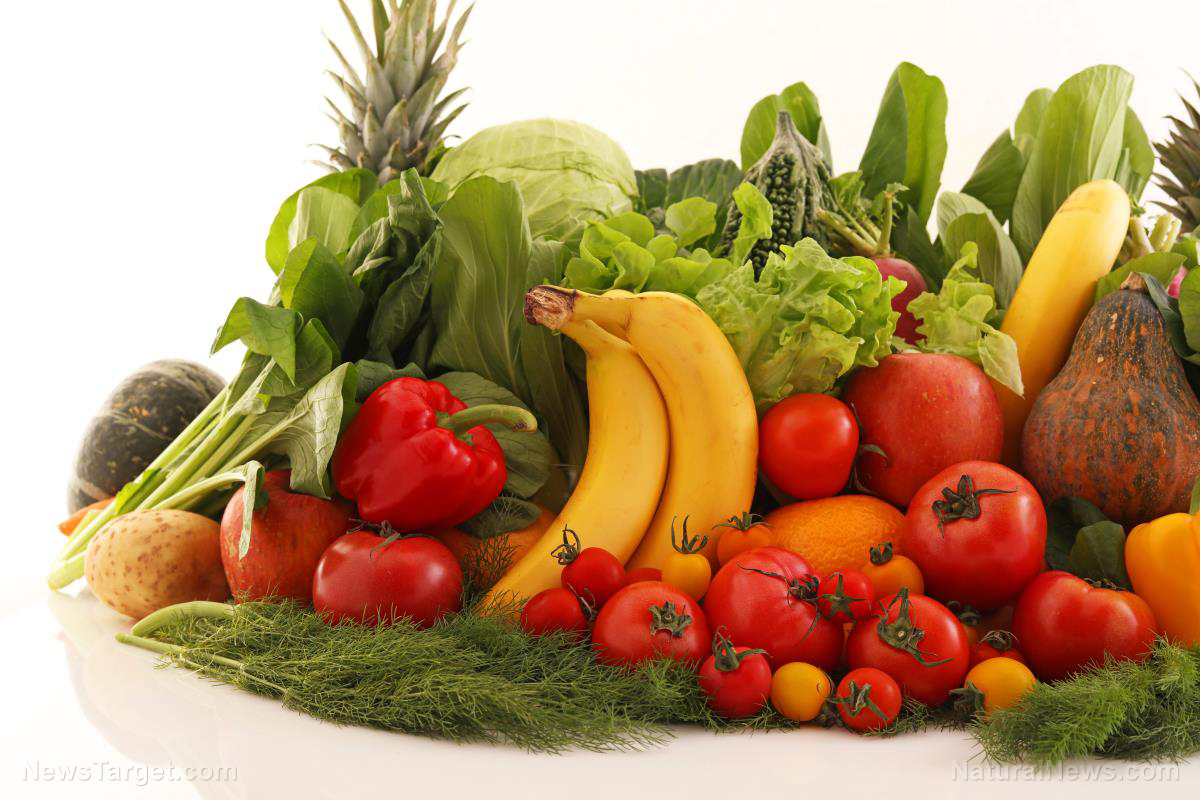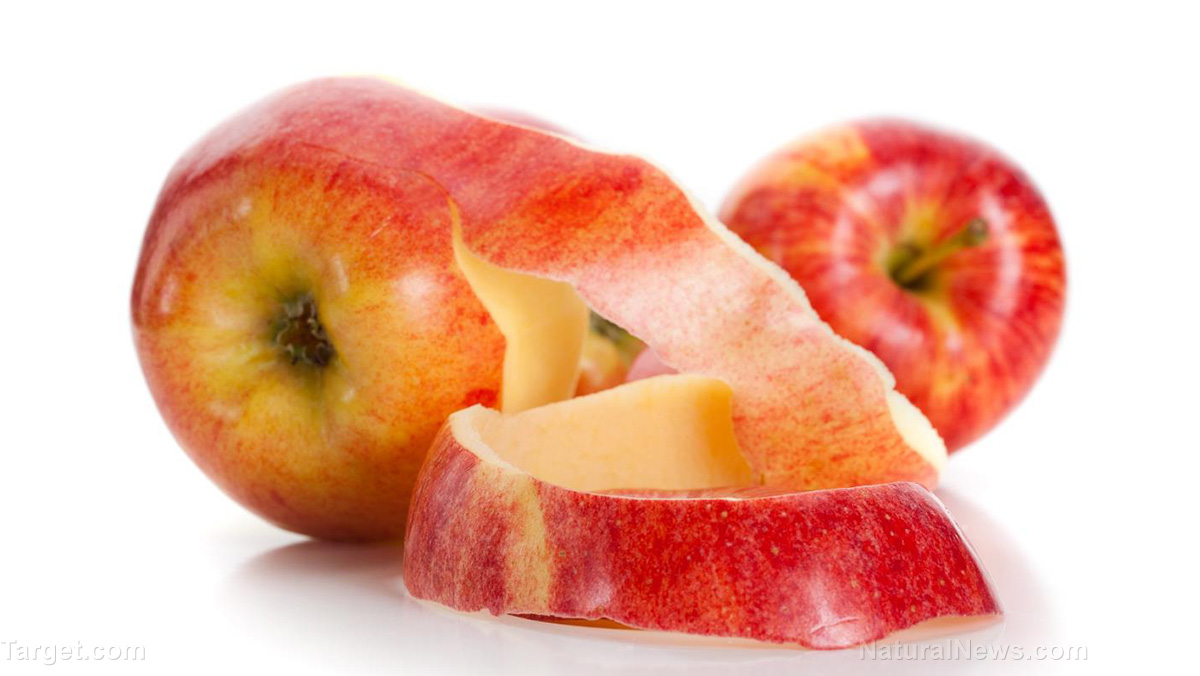It’s not a fad: Vegetarian and vegan diets offer long-term health and better protection from certain medical conditions and diseases
01/29/2019 / By Ellaine Castillo

Vegetarianism and veganism are rising lifestyle trends, with many famous people and scientific evidence supporting these movements. Unfortunately, there are still many people who are convinced that these diets are just a fad and that people won’t reap any benefits from them. To convince people that this is not the case, researchers from the University of Oxford evaluated the results of multiple western studies involving a high portion of vegetarian participants. Their findings, which were published in the journal Proceedings of the Nutrition Society, show that becoming a vegetarian or vegan has significant long-term health benefits.
Recent estimates show that there are more than 375 million vegetarians worldwide. These people follow this type of lifestyle due to its environmental, economic, and health benefits. However, there are still plenty of people who are not convinced that this diet is good for the body. This is because the vegetarian diet limits your access to meat, poultry, and fish which are major sources of nutrients like vitamin B12 and D, calcium, and omega-3 fatty acids. The vegan diet, which is also classified under vegetarianism, is even more controversial since it excludes all forms of animal products, even dairy and eggs. Although existing studies show that these types of diet provide sufficient nutrients for the body, there is still limited information regarding their effects on the long-term health of vegetarians and vegans.
In this study, the researchers reviewed eight cross-sectional and prospective cohort studies involving more than 100,000 vegetarians and a total of 280,000 participants. They was to determine whether the vegetarian or vegan diet had health benefits over the typical omnivorous diet. From their analysis, they discovered that following a vegetarian diet reduces a person’s risk of developing obesity, ischemic heart disease, diabetes, arthritis, hyperthyroidism, and eye cataracts. The researchers also observed that vegetarians have a lower overall cancer risk. However, they were unable to identify whether these effects remain true for individual cancer sites. Lastly, the team determined that stroke risk and overall mortality were similar in people who followed vegetarian or non-vegetarian diets.
Overall, these results prove that people who follow a vegetarian or vegan diet can enjoy long-term health benefits, including reduced risk for many chronic illnesses. (Related: The benefits of going vegetarian: Weight loss, a healthier heart, drastically reduced cancer risk and more.)
How to transition to a vegetarian or vegan diet
Many people are interested in becoming a vegetarian or vegan. However, like with other major lifestyle changes, it can be quite difficult to switch to these types of diets. To help make the transition smoother and easier, here are some tips that can help you on your road to becoming a vegetarian or vegan:
- Always remember your reasons — Your reasons for switching to these kinds of lifestyle, whether it be for the environmental, economic, or health benefits, can motivate you to push through even when things are starting to become more difficult.
- Do prior research — There are a lot of things that you should know before starting a vegetarian diet so make sure that you do your research first. It is especially important that you know the different nutrients that the body needs so that you won’t miss out on any of them with your new diet.
- Tell the people around you — The road to becoming a vegetarian becomes easier if the people around you are informed since they can support you on your journey. You can even encourage them to join you so that you can help each other along the way.
- Gradually let go of meat — You don’t have to eliminate meat from your diet all at once. You can start by letting go of red meat and once you’ve gotten used to it, you can proceed to remove chicken and then seafood from your diet.
For more articles on the benefits of becoming a vegetarian, visit Veggie.news.
Sources include:
Tagged Under: fight obesity, food cures, long-term health, natural cures, nutrition, plant-based foods, vegans, vegetables, vegetarians, veggie



















